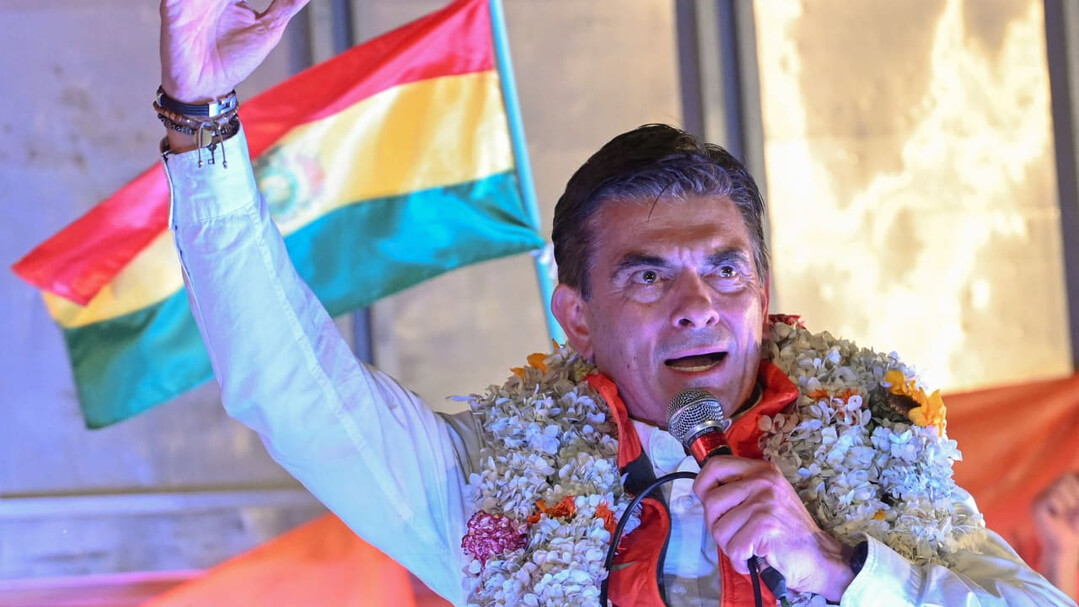
La Paz, Bolivia - Rodrigo Paz (58), a centrist candidate from the Christian Democratic Party, has been elected as the new President of Bolivia (5-year term), securing 52.2% of the votes in the second round run-off held on October 19 (local time). The victory marks the end of nearly 20 years of continuous leftist rule in the nation, which began with the 2005 election.
The Supreme Electoral Tribunal announced that Paz defeated right-wing candidate Jorge Quiroga (65), who garnered 47.8% of the valid votes. Paz, a former mayor of Tarija and son of ex-President Jaime Paz Zamora, is classified by Western media as a centrist or center-right politician.
The decisive shift comes amid a systemic crisis for Bolivia, characterized by a state-led economic model, a shortage of US dollars, incompetence, and corruption—issues that led to a thorough rejection of the ruling Movement for Socialism (MAS) party by the electorate. The leftist MAS, under former presidents Evo Morales and Luis Arce, had been the dominant political force in the country.
Paz's administration is expected to favor a cautious and moderate approach, focusing on decentralizing government authority, promoting private sector growth, and maintaining social welfare programs. Critically, the new government is set to pivot in its foreign policy. Paz, who met with the Donald Trump administration during his campaign, has signaled a clear intent to move away from the previous pro-Russia and pro-China stance to strengthen ties and dialogue with the United States.
This foreign policy shift is drawing international attention, particularly given Bolivia’s critical position in the "Lithium Triangle" alongside Argentina and Chile. China has heavily invested in securing the country's mineral resources, making Bolivia a new focal point in the US-China geopolitical competition.
Paz, who takes office on November 8, with his term running until November 2030, stated after the vote, "A very unpleasant time is now over. Now is the time for change and innovation." The outcome also hints at a slow retreat of the "Pink Tide" of leftist governments in Latin America, where right-leaning politicians have recently gained power in several countries like Argentina, Ecuador, and El Salvador.
[Copyright (c) Global Economic Times. All Rights Reserved.]




























